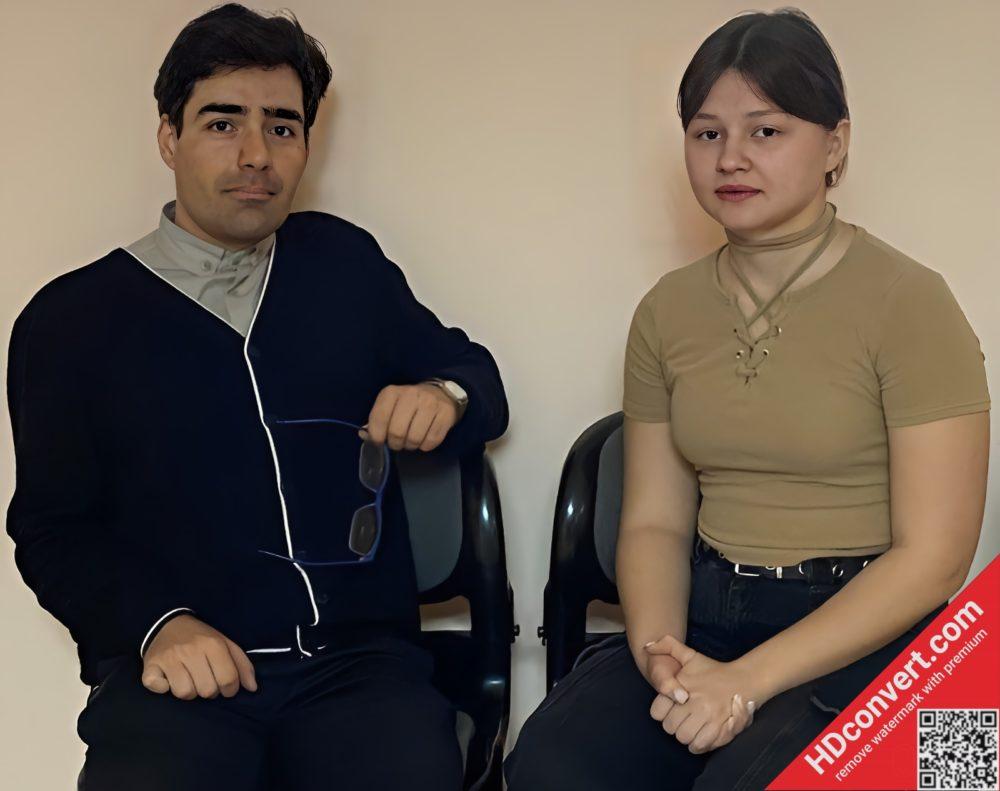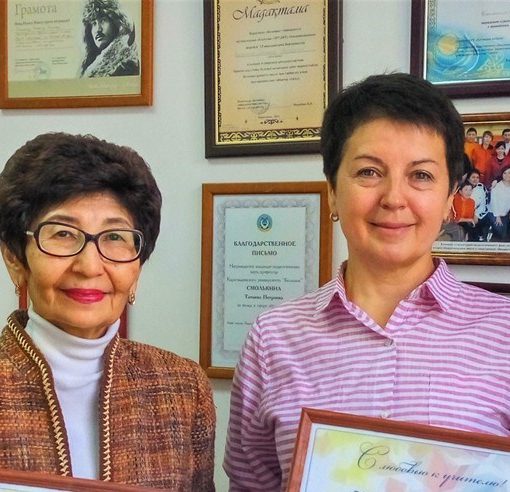The struggle for women’s rights has not lost its relevance even in the 21st century. What does “feminism” encompass, and why does it continue to attract a significant number of researchers? Today, we will delve into these and other topics with our guest, Ilona Salnikova, a first-year student majoring in “Foreign Language,” who willingly answered my questions.
- Ilona, how did you come to choose such a topic for your research?
- The topic of social justice and gender equality has been of interest to me since my school days.
- Why do you believe that feminism in Kazakhstan is a social phenomenon that has not yet been thoroughly studied?
- This phenomenon remains understudied because, in order to achieve complete gender equality in our country, we would need to dispel religious, gender, and age-related stereotypes. At present, I believe that our country is not prepared for this transition.
- How did your introduction to this field of study in the public consciousness begin?
- It started in the 9th grade, following a discussion on the topic of “What is the ‘ideal’ state for you?” I began to ponder, “Could the “ideal” state be one where there are no gender stereotypes, no remnants of the Soviet era, and no infringement on people’s rights, especially women’s rights?” From that point on, I delved deeper into this topic, exploring every aspect, and that’s how I found my way into the world of feminism.
- Do you not think that over the course of more than thirty years, feminism is still not fully understood, and the trends of its development on a global scale have ceased to be relevant?
- Feminism is indeed understood, but the issue lies in the fact that our society is not ready to fully embrace it. We are already ingrained with a patriarchal model and a traditional “ұят” (Kazakh [uyat]: “shame”) upbringing . Why change anything?
- Speaking of feminism from a historical perspective, how many people have made a significant impact, and who were the individuals who initiated its study and provided a precise definition to this phenomenon?
- Well, first of all, I would like to highlight Abigail Smith Adams. She was the first woman to initiate this movement. I would also like to mention Simone de Beauvoir, who wrote the book “The Second Sex,” where she addressed gender stereotype issues.
- In your opinion, are there organizations in Kazakhstan that are dedicated to protecting women’s rights and genuinely serve the goal of gender equality? Could it be that the Western influence introduced is just a beautiful facade for the perfect path to undermining traditional values in Kazakhstan?
- I believe it’s not yet time to draw definitive conclusions on this matter. I can assess it only after completing and defending my work in a research project. Time will tell.
I would like to thank Ilona for this interesting meeting and wish her success. In conclusion, I’d like to end our interview with the words of Abigail Adams, the first feminist who passionately stated, “The fact that your gender is by its nature tyrannical is such an obvious truth that it requires no debate, except for those among you who, fortunately, willingly shed the harsh title of ‘lord’ in favor of a more tender and beloved name, ‘friend.’ So why not strip power from those wicked and lawless individuals who use us with impunity, displaying cruelty and contempt? Wise men throughout the ages have rejected such customs that treat us merely as vassals of your gender.”
We cannot prove the contrary, but we should certainly listen. After all, the battle of the sexes has never led to the absolute victory of humanity. So, let’s learn to listen to one another.
S. Yu. Smirnov, Senior Lecturer at the Department of GED





